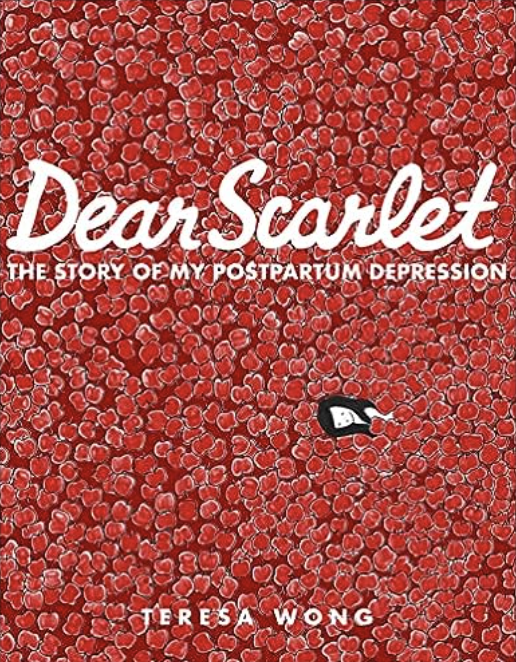
Awhile back, I was working with a student whose memoir encompassed the AIDS epidemic, being (illegally) deported from American Samoa, taking a midnight tour of Algiers, lecturing Madeleine Albright on the United Nations’ failures during the AIDS crisis (while Albright was the UN Ambassador), and explaining a suitcase full of female condoms to curious customs inspectors in Tehran.
And the title Martina Clark was working with for this romp through international awkward encounters? My Accidental Life.
“You may have to rethink that,” I said.
Martina liked it because her life and her story are just so full of surprises. But I kept tripping over “Accidental.” I mean, Martina puts the “active” in activist.
Ultimately, a few more surprises would determine the title for Martina’s memoir: My Unexpected Life: An International Memoir of Two Pandemics, HIV and COVID-19.
“My life…is, indeed, filled with many—many—unexpected events,” Martina says. “And I’ve bookended the memoir with COVID which, unfortunately, is also timely and relevant.”
In looking for her title in the surprises, adventures, and urgent social issues of her story, Martina did exactly what Kristen Paulson-Nguyen recommends.
Paulson-Nguyen is a professional title doctor (yes, that’s a thing!), and the No. 1 mistake she sees is authors choosing soft-focus titles.
“A vague title does a book a disservice,” she says. “I begin with the writer’s query letter and synopsis. They contain vivid imagery; action; and the specifics of your story’s world.”
OK, you’ve found imagery, action, and details. Now what?
Play, Paulson-Nguyen says. Try:
- Reworking a significant snippet of dialogue;
- Enlivening a phrase by adding a verb;
- Linking two words you don’t usually see together, like Katherine Standefer’s book Lightning Flowers;
- Making up a new word, like Samantha Montano’s Disasterology.
These are the moves Gotham Fiction teacher Divya Sood tries for her own books. With her first novel, a story about reincarnation manifested through shared dreams, Divya landed her title when she finally decided on the name for her protagonist: Maya,which means illusion in Sanskrit.
For her second novel, she realized her characters refer repeatedly to a line from the poem “Tonight I Write” by Pablo Neruda: “Through nights like this one I held her in my arms. I kissed her again and again under the endless sky.”
“The book—Nights Like These—is about love and loss,” Divya says. “So, I thought it apt.”
Once you have a good candidate for a title, you still have one more test to run, Paulson-Nguyen says. Read it to your friends. If they pause before gushing, “I love it!” it’s still not the right one.
When it’s right, they’ll react immediately, Paulson-Nguyen says. “We all recognize a title that works.”

Kelly Caldwell
Dean of Faculty






